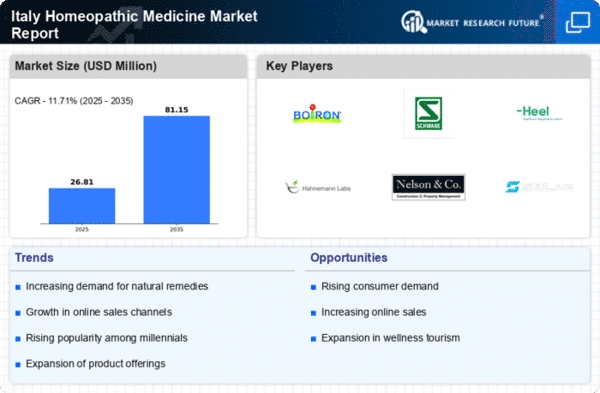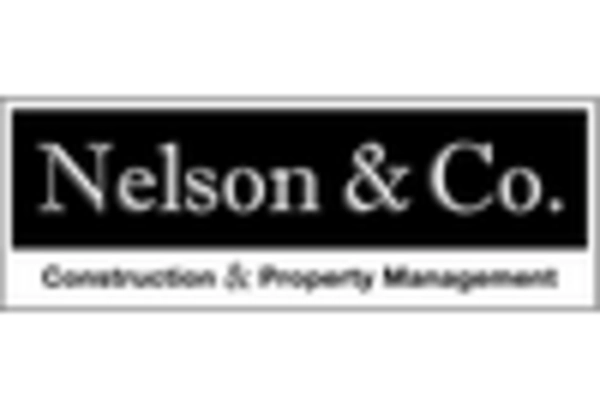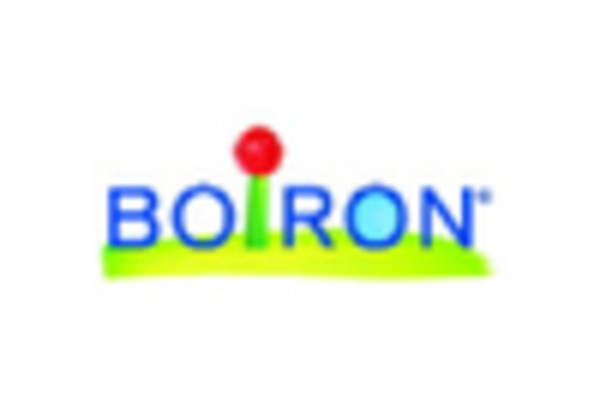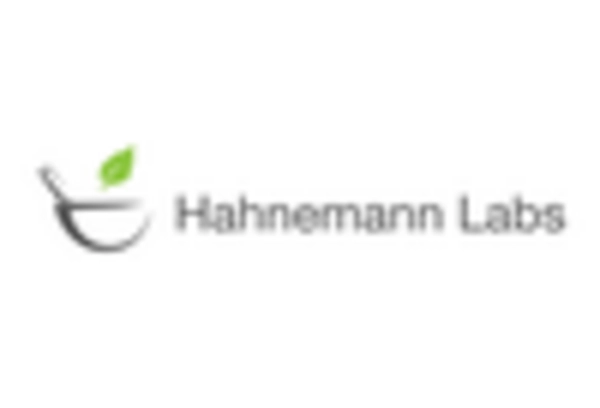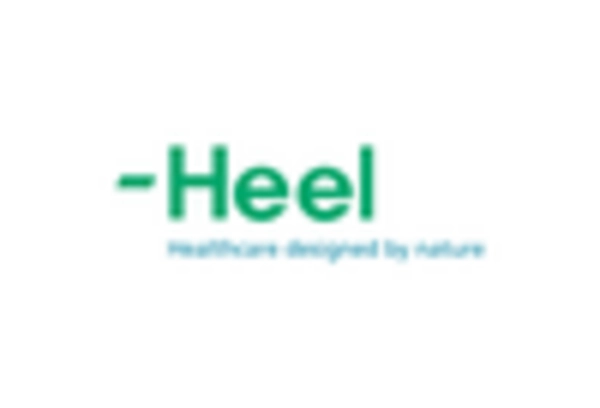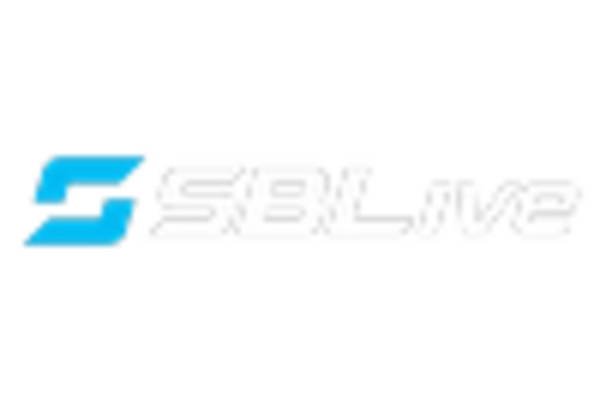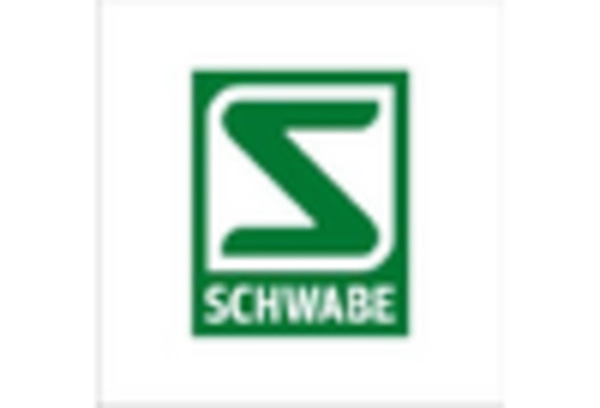Supportive Regulatory Environment
A supportive regulatory environment in Italy is playing a vital role in shaping the homeopathic medicine market. Recent legislative measures aimed at standardizing the production and sale of homeopathic products have instilled greater confidence among consumers and practitioners alike. This regulatory framework ensures that homeopathic medicines meet safety and efficacy standards, thereby enhancing their credibility. As a result, the market is expected to experience steady growth, with an estimated increase of 6% annually. The establishment of clear guidelines for homeopathic practices is likely to encourage more healthcare providers to incorporate these treatments into their offerings, further expanding the market.
Shift Towards Preventive Healthcare
The shift towards preventive healthcare in Italy is significantly influencing the homeopathic medicine market. As individuals increasingly prioritize wellness and disease prevention, they are more inclined to explore alternative therapies, including homeopathy. This trend is indicative of a broader societal movement towards holistic health approaches, which are perceived as less invasive and more aligned with natural healing processes. The homeopathic medicine market is projected to benefit from this shift, with an anticipated growth rate of 7% annually. Consumers are actively seeking remedies that not only address existing health issues but also promote overall well-being, thereby driving the demand for homeopathic products.
Integration of Digital Health Solutions
The integration of digital health solutions is emerging as a transformative driver for the homeopathic medicine market in Italy. With the increasing penetration of technology in healthcare, consumers are now able to access homeopathic remedies through online platforms and telemedicine services. This digital shift not only enhances accessibility but also allows for better patient engagement and education regarding homeopathic treatments. The market is projected to grow by approximately 5% annually as more individuals turn to online resources for their health needs. The convenience of digital health solutions is likely to attract a younger demographic, thereby broadening the consumer base for homeopathic products.
Rising Popularity of Personalized Medicine
The rising popularity of personalized medicine in Italy is emerging as a crucial driver for the homeopathic medicine market. Consumers are increasingly seeking tailored healthcare solutions that cater to their individual health needs and preferences. Homeopathy, with its focus on individualized treatment plans, aligns well with this trend. The market is witnessing a surge in demand for customized homeopathic remedies, which are perceived as more effective and safer. This shift is likely to propel the homeopathic medicine market, with projections indicating a potential market size of €600 million by 2026. The emphasis on personalized care not only enhances patient satisfaction but also fosters loyalty towards homeopathic practitioners.
Increasing Awareness of Homeopathic Solutions
The growing awareness of homeopathic solutions among the Italian population appears to be a pivotal driver for the homeopathic medicine market. As consumers become more informed about the benefits of natural remedies, the demand for homeopathic products is likely to rise. This trend is supported by various health campaigns and educational initiatives that emphasize the efficacy and safety of homeopathic treatments. In Italy, the market for homeopathic medicine has been estimated to reach approximately €500 million by 2025, reflecting a compound annual growth rate (CAGR) of around 8%. This increasing awareness not only enhances consumer trust but also encourages healthcare professionals to consider homeopathy as a viable treatment option, thereby expanding the market further.


